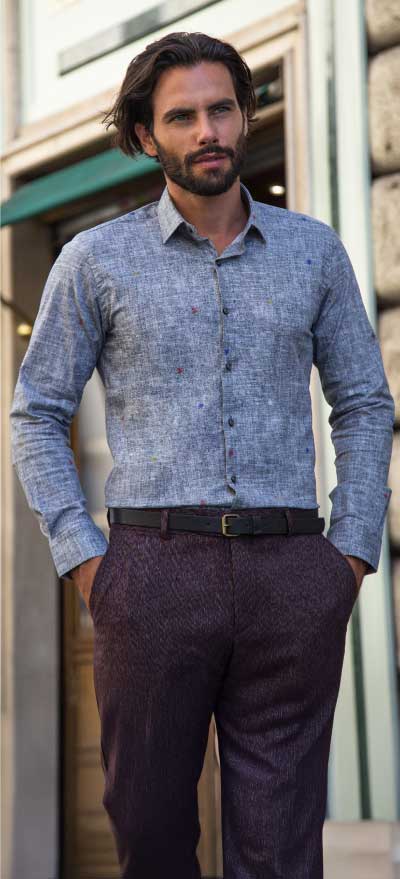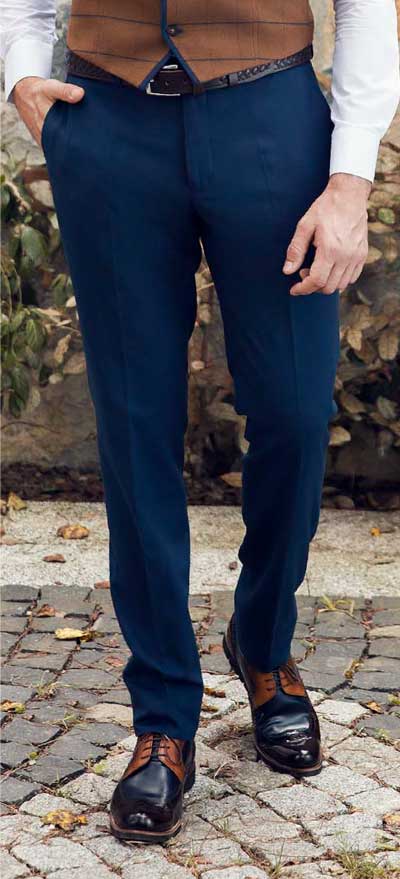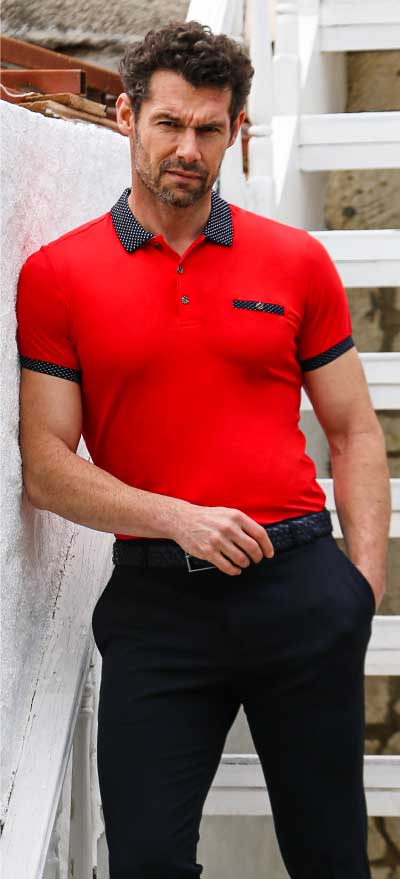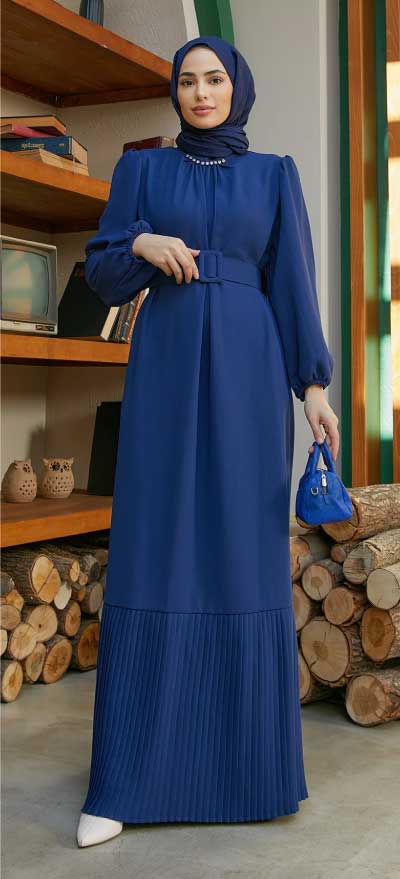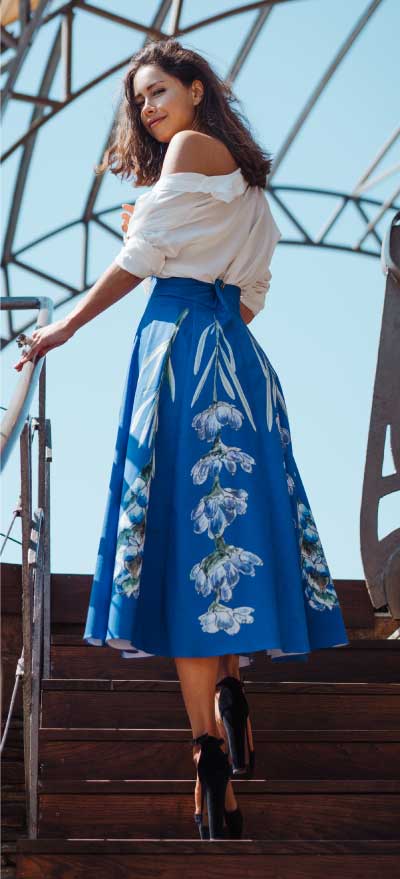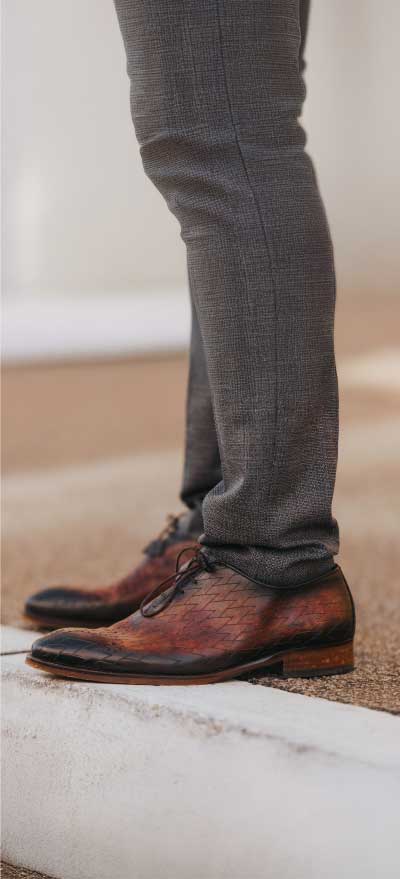The Role of Sustainability in Wholesale Fashion
he Role of Sustainability in Wholesale Fashion
Why Sustainability Is Reshaping Wholesale Fashion
In today’s fashion industry, sustainability is no longer an optional add-on—it has become a central business priority. Consumers are more conscious of where their clothes come from, how they’re made, and the impact production has on the planet. Retailers expect their wholesale partners to meet these expectations with eco-friendly practices. For suppliers like Clothing Supplier, integrating sustainability into men’s, women’s, and kids’ wholesale collections is key to staying competitive in 2025 and beyond.
The Rising Demand for Eco-Friendly Materials
Sustainable fabrics are leading the wholesale conversation. Organic cotton, recycled polyester, bamboo, and linen are gaining traction as customers look for greener alternatives to synthetic-heavy apparel. By sourcing and offering bulk orders of these fabrics, wholesalers can give retailers a significant advantage in attracting eco-conscious buyers.
Reducing Waste Through Smarter Production
One of the biggest challenges in wholesale fashion is overproduction. Unsold stock not only hurts profitability but also harms the environment. Sustainable wholesalers combat this by:
-
Offering smaller minimum order quantities (MOQs).
-
Producing versatile, seasonless pieces.
-
Using recyclable packaging.
With bulk supply from Clothing Supplier, businesses can still scale while minimizing waste.
Energy Efficiency and Supply Chain Transparency
Modern retailers want to know more than just the price—they want proof of sustainable practices. Wholesalers who adopt energy-efficient manufacturing, invest in renewable energy, and maintain transparent supply chains gain trust. Certifications and eco-labels can make wholesale catalogs more appealing, giving retailers confidence in what they’re selling.
The Business Benefits of Sustainability
Sustainability isn’t just good for the planet—it’s good for business:
-
Brand Reputation: Retailers prefer suppliers with strong eco-credentials.
-
Customer Loyalty: Eco-conscious consumers are more likely to stick with sustainable brands.
-
Cost Savings: Energy efficiency and waste reduction lower long-term expenses.
-
Market Expansion: Many regions now favor or even regulate eco-friendly imports.
Challenges in Implementing Sustainability
While essential, sustainability does come with hurdles—higher production costs, supply chain adjustments, and the need for continuous innovation. However, wholesalers who partner with established eco-friendly suppliers like Clothing Supplier can overcome these obstacles by leveraging expertise and scale.
Practical Steps for Wholesale Businesses
-
Introduce eco-friendly lines alongside existing collections.
-
Highlight sustainability credentials in catalogs and digital marketing.
-
Train staff and sales teams to communicate eco-values to retailers.
-
Partner only with manufacturers who adhere to sustainable practices.
Conclusion: Sustainability as the Future of Wholesale Fashion
Sustainability is no longer a passing trend—it is the future of wholesale fashion. From eco-friendly fabrics to supply chain transparency, wholesalers who embrace sustainable practices strengthen both their brand reputation and business growth. By working with forward-thinking partners like Clothing Supplier, retailers and distributors gain access to stylish, responsibly produced clothing that meets the expectations of today’s conscious consumers.







